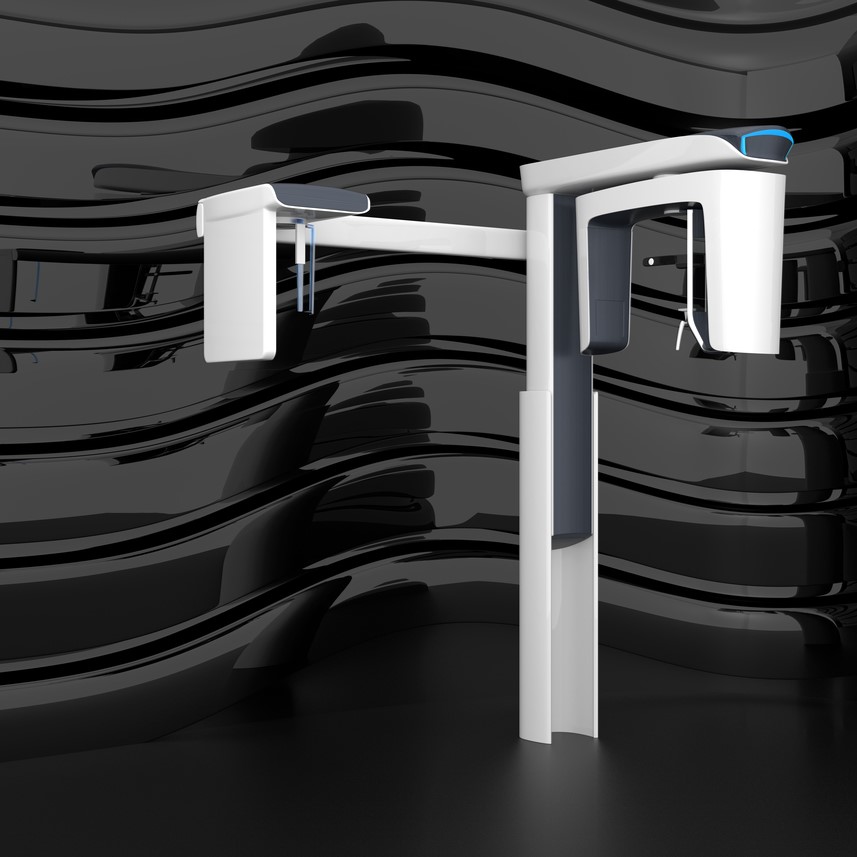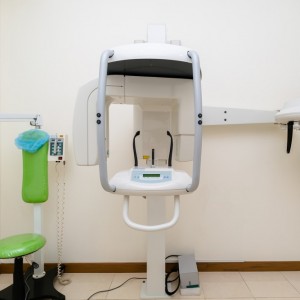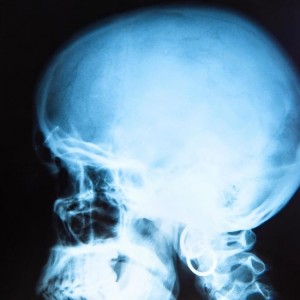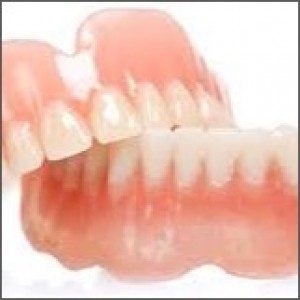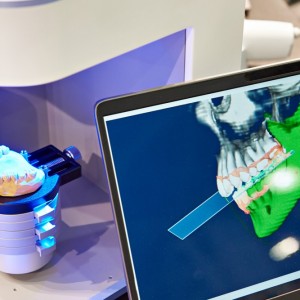
Cone beam computed tomography in Endodontics – a review of the literature
The use of cone beam computed tomography (CBCT) in the diagnosis and/or management of endodontic problems is increasing and is reflected in the exponential rise in publications on this topic in the last two decades. The aim of this paper is to: (i) Review current literature on the endodontic applications of CBCT; (ii) Based on current evidence make recommendations for the use of CBCT in Endodontics; (iii) Highlight the areas in which more research is required.
The three-dimensional radiographic assessment of teeth and their surrounding structures with cone beam computed tomography (CBCT) is desirable for aiding diagnosis and/or management of complex endodontic problems (Rodríguez et al. 2017a,b).
The use of CBCT in Endodontics is increasing rapidly worldwide, and this is reflected in position statements being published by several specialist societies (European Society of Endodontology 2014, American Association of Endodontists/American Academy of Oral & Maxillofacial Radiology CBCT position statement 2015).
The limitations of conventional radiography are well established. The diagnostic yield of the two-dimensional images generated (Brynolf 1967, Velvart et al. 2001) is impaired, to varying degrees, by anatomical noise masking the area of interest (Bender & Seltzer 1961, Paurazas et al. 2000) and geometric distortion (Forsberg & Halse 1994). The three-dimensional nature of CBCT overcomes some of these limitations (Patel et al. 2015).
There are insufficient data within meta-analyses or systematic reviews assessing the use of CBCT in Endodontics. Therefore, the aim of this review is to present the most relevant literature highlighting the relative advantages and also disadvantages of CBCT in the various aspects of Endodontics.
Authors: S. Patel, J. Brown, T. Pimentel, R. D. Kelly, F. Abella, C. Durack
Source: https://onlinelibrary.wiley.com/
 Related articles
Related articles
Products 24 September 2025
With top-of-the-line 3D imaging technology and all the essential dental imaging programs, Planmeca’s latest offering easily meets the everyday needs of general dentistry, endodontics, and...
Periodontology 10 September 2025
To update the findings of a systematic review from the year 2016 on the evidence for the accuracy and potential benefits of cone beam computed tomography (CBCT) in periodontal diagnostics.
Digital Dentistry 02 June 2025
A novel workflow for computer guided implant surgery matching digital dental casts and CBCT scan
Nowadays computer-guided “flap-less” surgery for implant placement using stereolithographic tem-plates is gaining popularity among clinicians and patients.
Digital Dentistry 16 May 2025
Digital Dentistry & Material Science: Sculpting the Future of Oral Care- A Narrative Review
This review examines the dynamic intersection of digital dentistry and material science, exploring current trends and advancements shaping modern dental practice.
 Read more
Read more
Much like EMTs rushing to the scene after an accident, stem cells hurry to the site of a skull fracture to start mending the damage. A new finding has uncovered the signaling mechanism that triggers...
Products 05 November 2025
SimplyTest has launched a groundbreaking saliva-based test to detect high-risk strains of oral human papillomavirus (HPV), a major cause of oropharyngeal cancers.
News 05 November 2025
Perimetrics, Inc., a dental technology company pioneering quantitative diagnostics, announced today that the U.S. Food and Drug Administration (FDA) has granted clearance for the InnerView...
News 05 November 2025
On October 15, open enrollment for Medicare began nationwide. Hundreds of thousands of seniors in New Jersey will once again face the challenge of finding the right Medicare coverage, including the...
Digital Dentistry 04 November 2025
Digitalisation is an expanding field in dentistry and implementation of digital teaching methods in dental education is an essential part of modern education.


